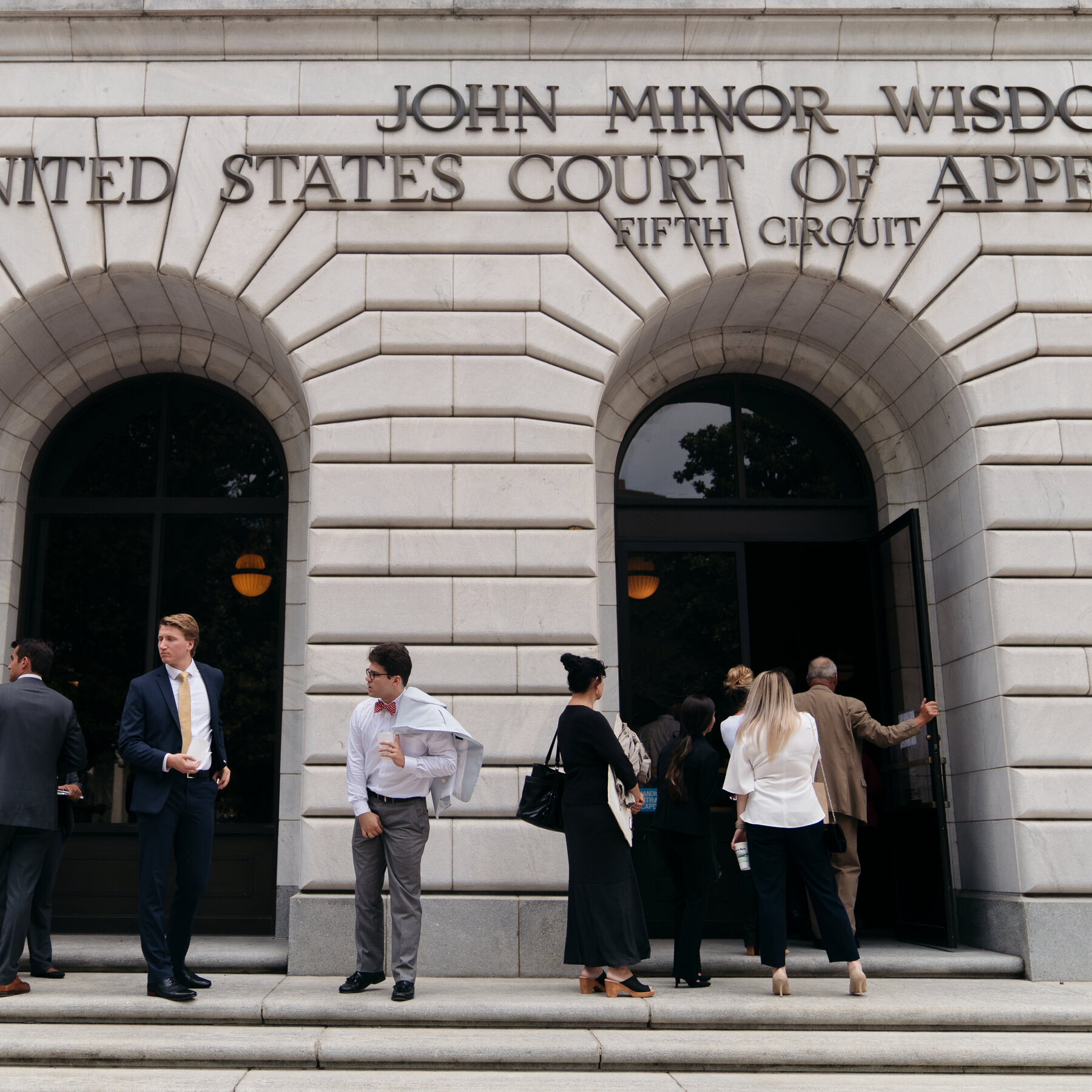An appeals court has ruled against the Trump administration’s attempt to utilize the Alien Enemies Act as a means to deport Venezuelan immigrants from the United States. This decision, issued on September 15, 2023, represents a significant setback for the administration’s immigration policies, particularly its focus on mass deportation.
The U.S. Court of Appeals found that the administration’s application of the Alien Enemies Act was unconstitutional when directed at Venezuelan nationals. This ruling effectively halts efforts to deport these individuals, many of whom have fled a country plagued by political turmoil and economic instability.
During the court proceedings, attorneys representing Venezuelan immigrants argued that their deportation would violate international humanitarian standards, as many are escaping from dire conditions in their home country. The court agreed, emphasizing the need for a careful assessment of the humanitarian implications associated with such deportations.
In response to the ruling, the U.S. Department of Justice expressed disappointment. A spokesperson stated that the department is reviewing the decision and considering its options moving forward. Immigration advocates welcomed the ruling, highlighting it as a victory for human rights and the protection of vulnerable populations.
The Trump administration has made immigration reform a central focus of its domestic policy agenda. The reliance on the Alien Enemies Act, a law dating back to the early 20th century, raised concerns among legal experts and civil rights groups alike. They argued that the law should not be applied to individuals seeking asylum or refuge from oppressive regimes.
This ruling is not just a legal victory but also a reflection of the ongoing national debate regarding immigration policies in the United States. With the 2024 presidential election approaching, immigration remains a hot-button issue, and this decision could influence the administration’s approach to future policies.
As the legal landscape evolves, the implications of this ruling will resonate beyond Venezuelan immigrants, potentially affecting other groups seeking refuge in the U.S. The court’s decision underscores the complexities surrounding immigration law and the balance between national security and humanitarian obligations.
In summary, the court’s ruling on September 15 serves as a pivotal moment in the ongoing discourse around immigration policy in the United States. It highlights the judiciary’s role in safeguarding the rights of individuals against broad governmental powers, particularly in the context of immigration.







































































